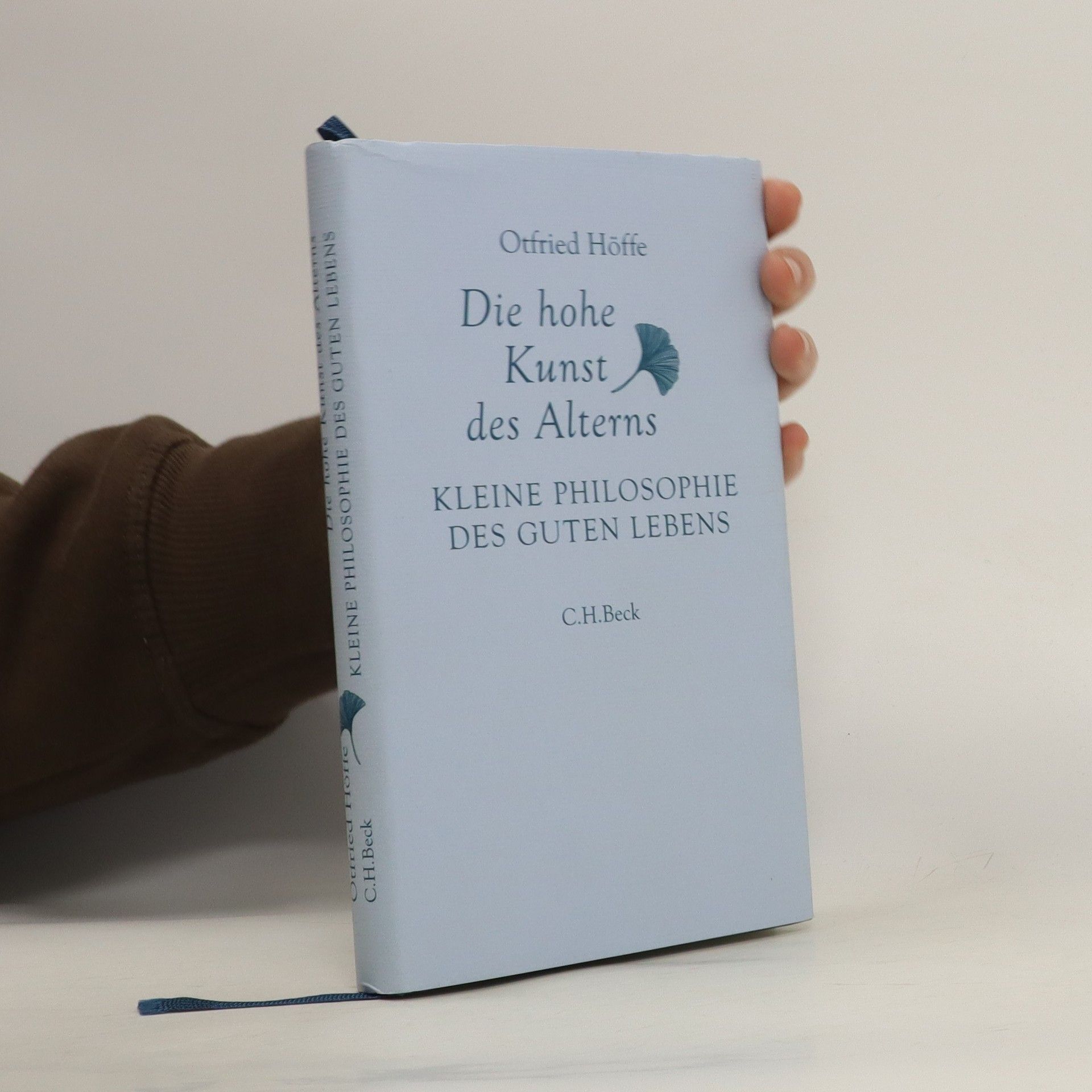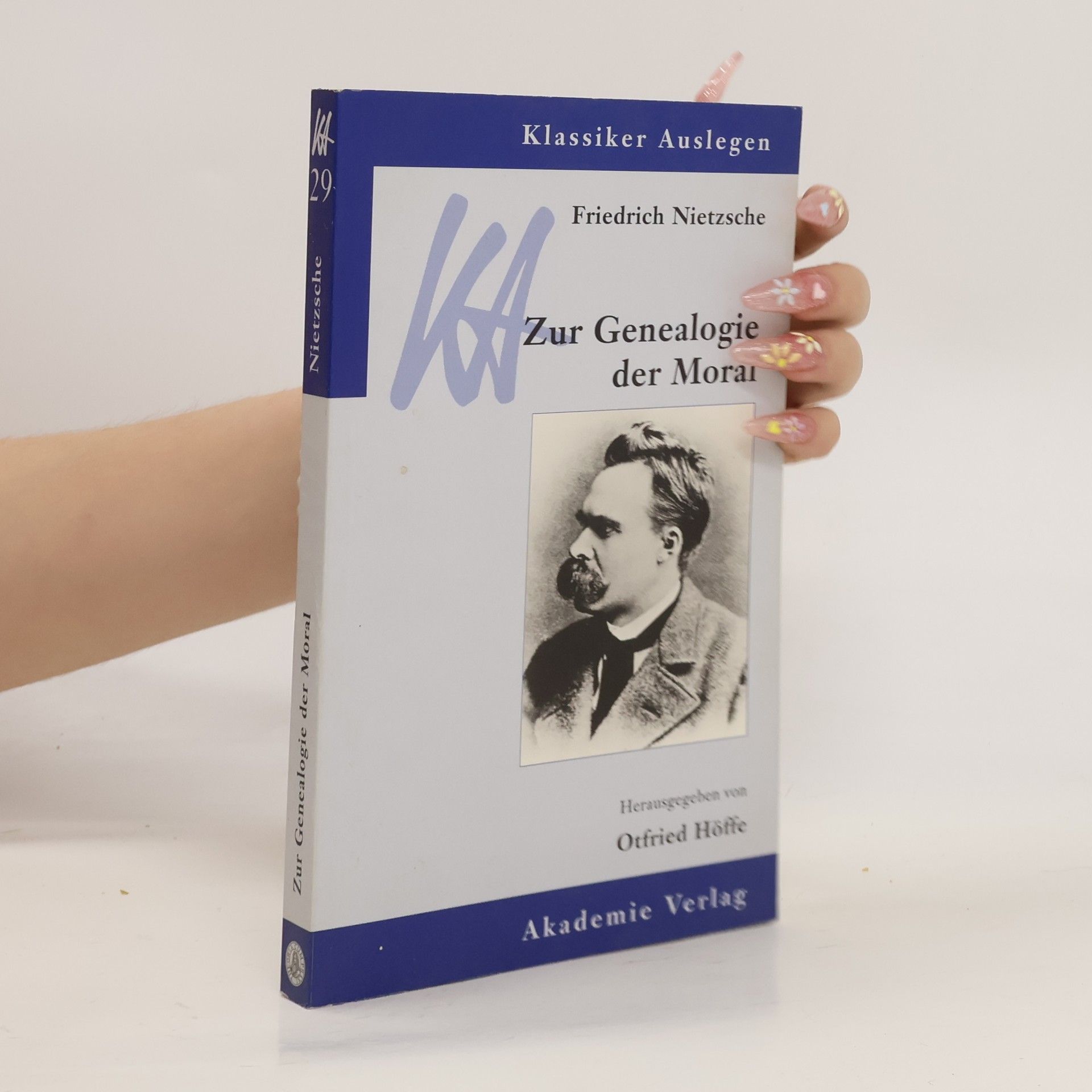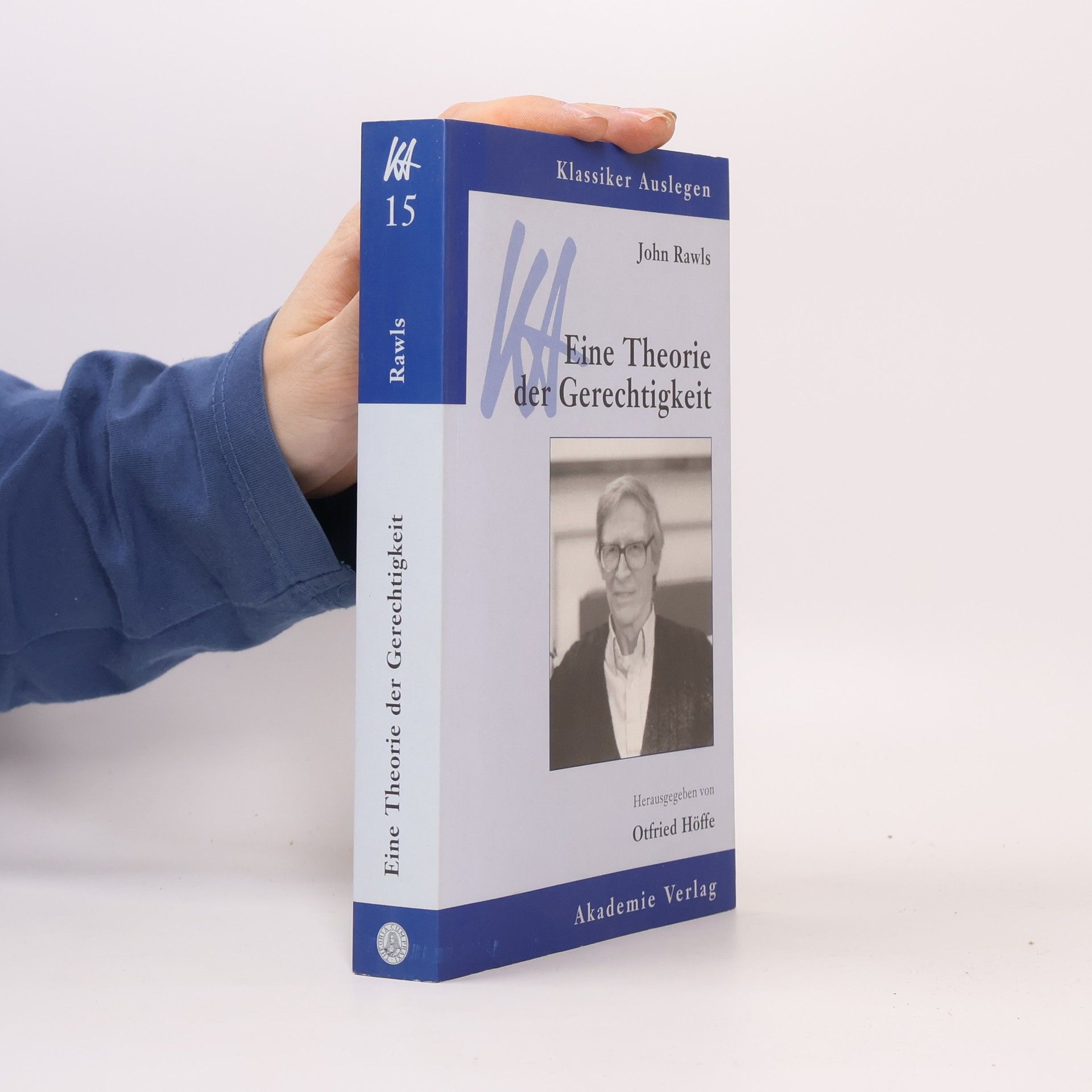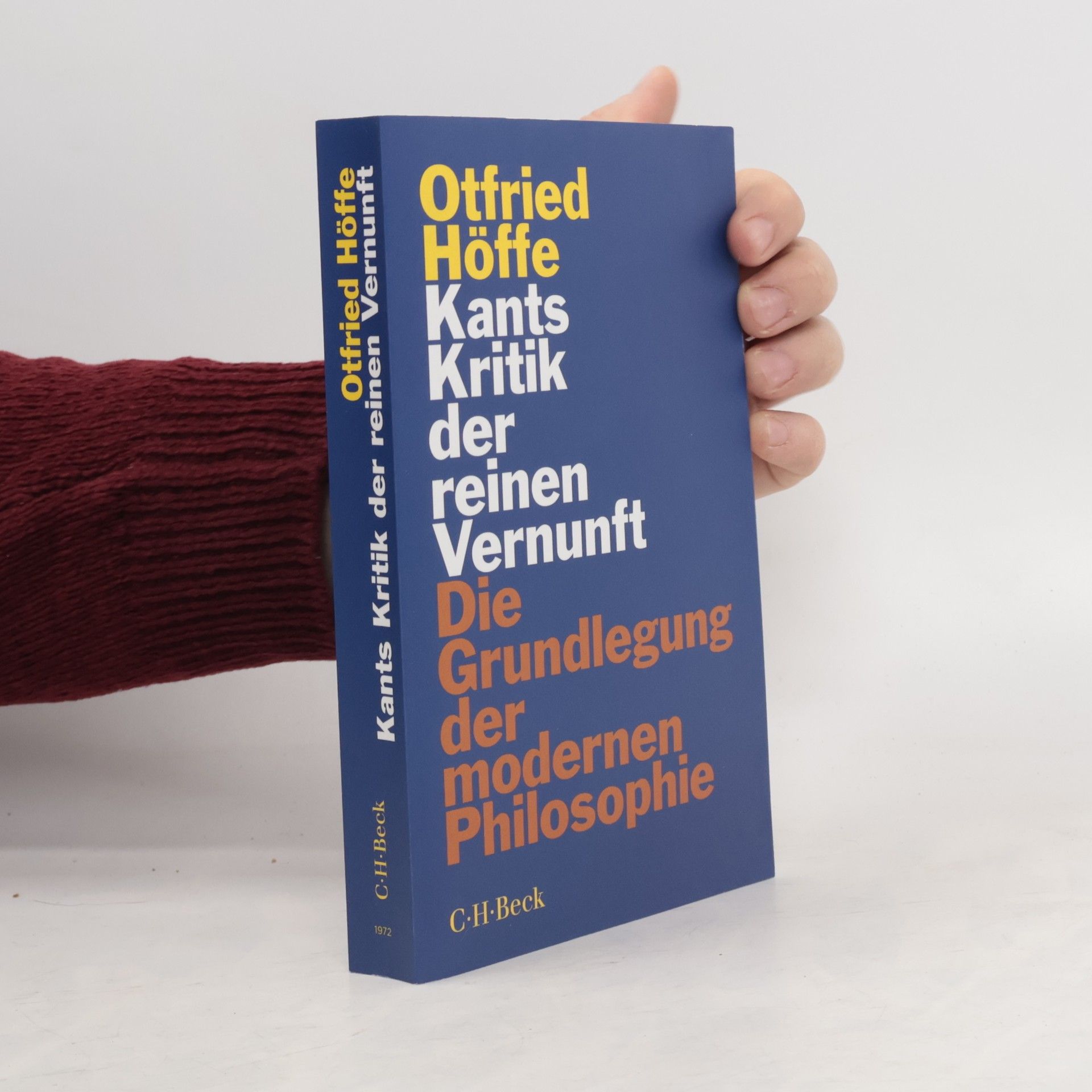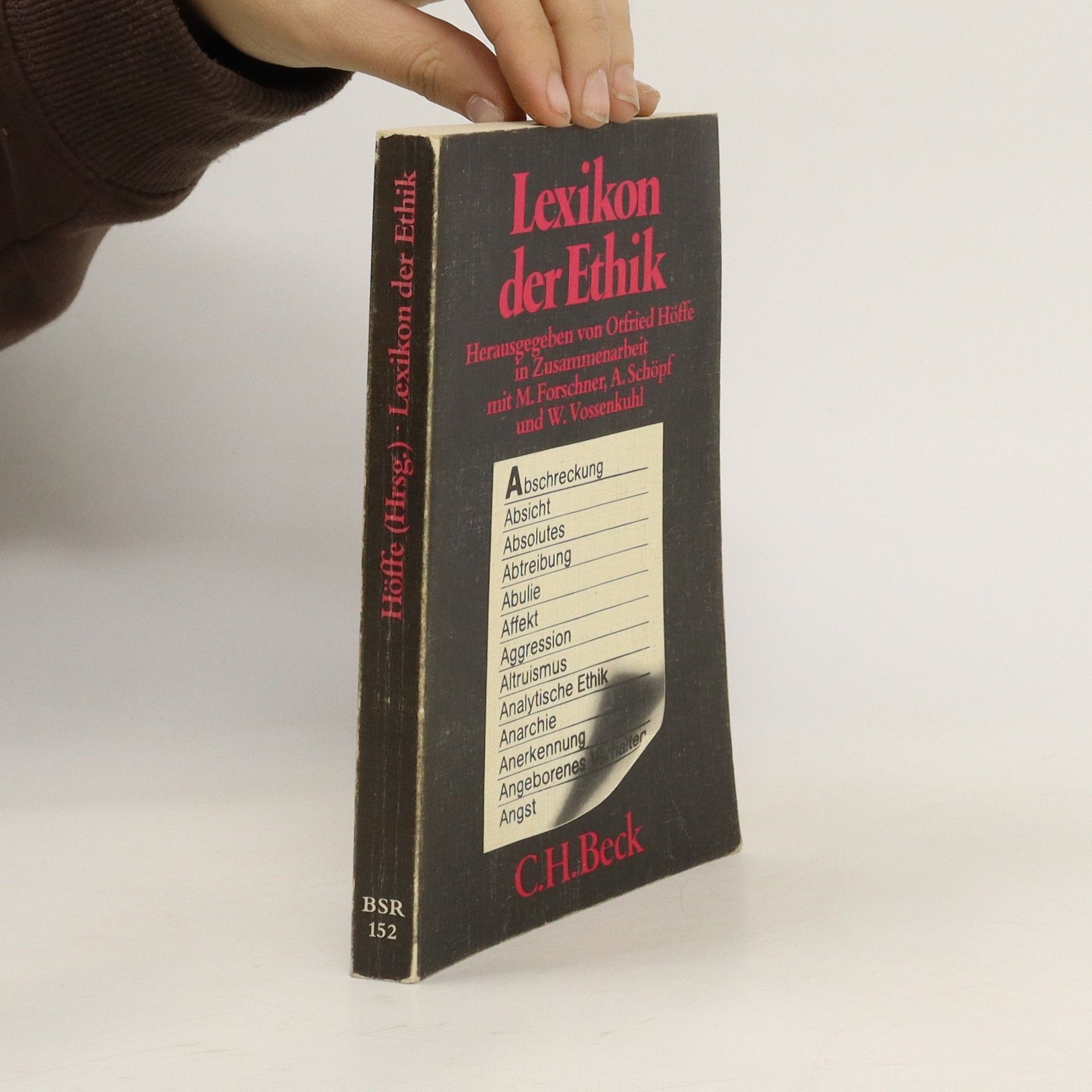John Rawls, Eine Theorie der Gerechtigkeit
- 322bladzijden
- 12 uur lezen
Die „Theorie der Gerechtigkeit“ ist der wichtigste Beitrag des englischen Sprachraums, vielleicht sogar der wichtigste Beitrag zur Politischen Ethik des 20. Jahrhunderts überhaupt. John Rawls entwirft hier nicht nur eine weithin überzeugende Theorie zur Schnittmenge von Ethik und Politischer Philosophie. Ihm gelingt es darüber hinaus, in der philosophischen Debatte eine Reihe von grundlegenden Paradigmenwechseln vorzunehmen. Nach einer Generation intensiver Diskussion ist der Zeitpunkt gekommen, Bilanz zu ziehen. Das geschieht nicht als rein deskriptiver Überblick über die bisherige Debatte, sondern in Form eines kooperativen Kommentars. Autoren unterschiedlicher philosophischer Herkunft stellen sich die Frage, wie Rawls’ Gedanken zu verstehen sind und welche Tragweite, welche Überzeugungskraft sie für den künftigen Diskurs haben.


